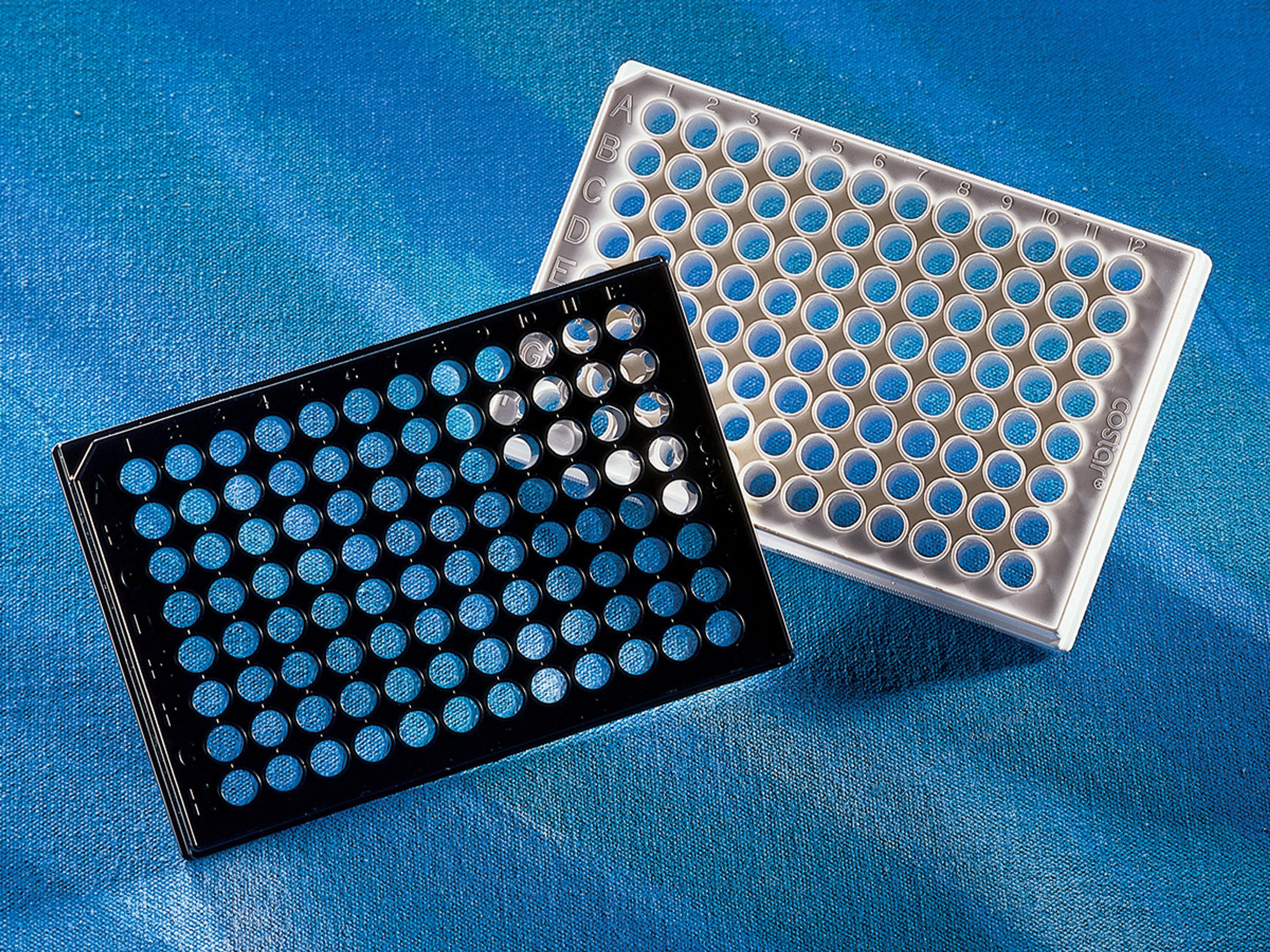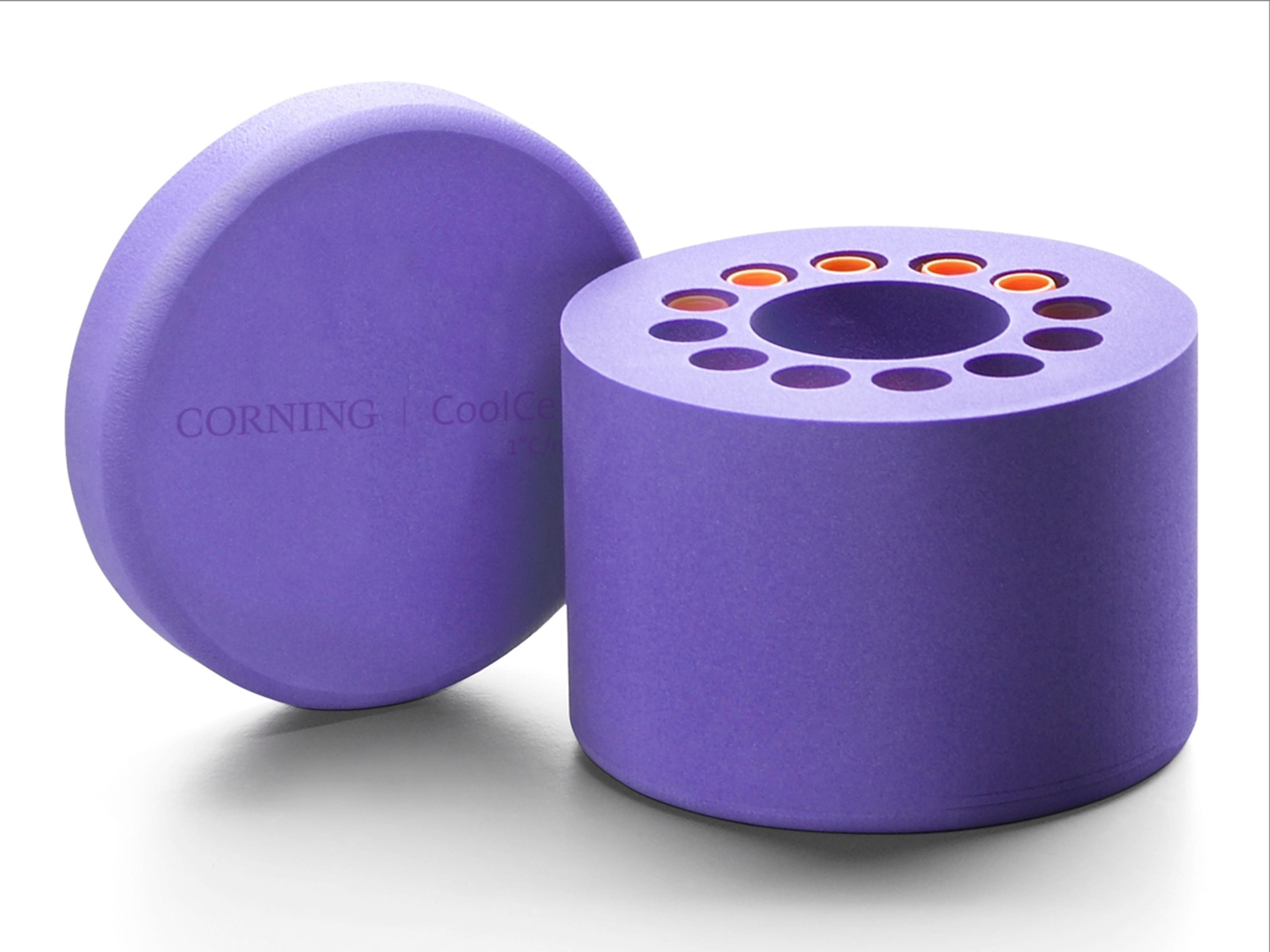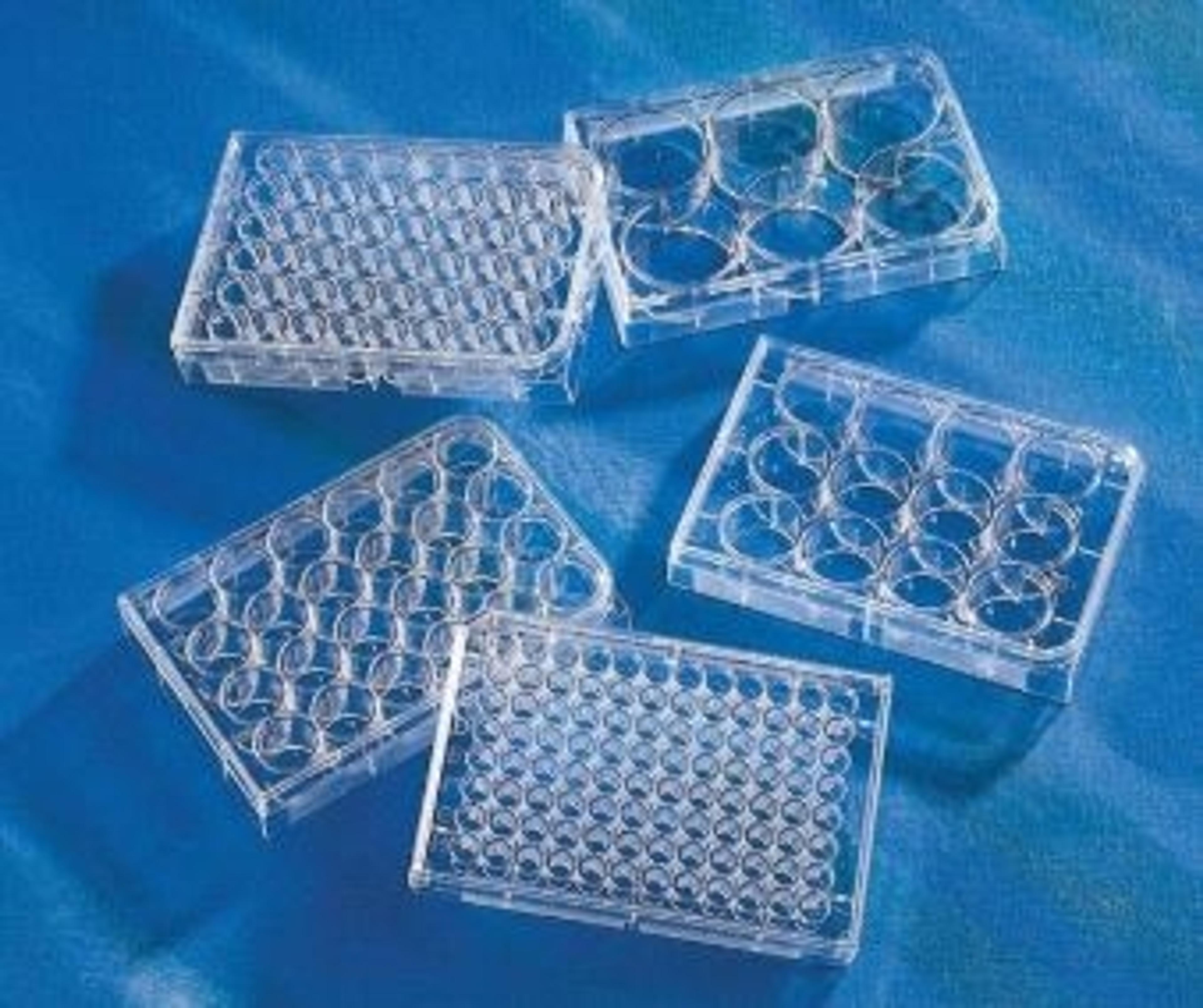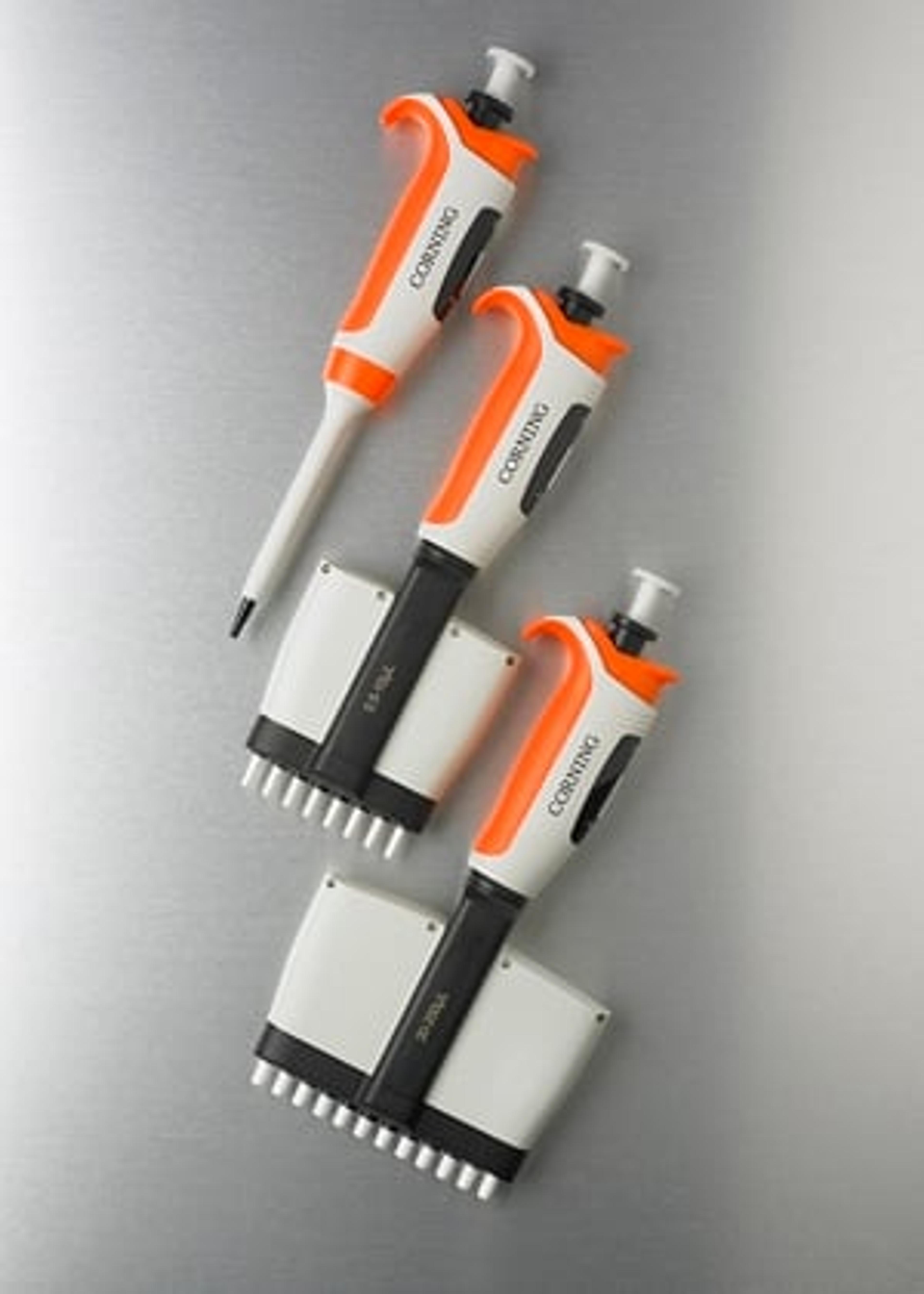Launch of Corning Matribot Bioprinter marks breakthrough in 3D cell culture and bioprinting technology
The Corning Matribot bioprinter features a temperature-controlled printhead, enabling an ideal system for Matrigel matrix dispensing and printing
17 Feb 2022
Corning has announced the launch of the Corning Matribot bioprinter, a breakthrough device that enables dispensing and printing with Corning Matrigel matrix, collagen, and other temperature-sensitive hydrogels without the need for cold blocks, ice buckets, or a cold room. The device can also be used to bioprint with hydrogels that need ambient temperature such as alginate-based bioinks.
Bioprinting fabricates a 3D tissue-like construct, layer-by-layer, using cells, spheroids, or organoids suspended in a bioink. It makes it possible to reproduce structural features seen in vivo and explore the cell-to-cell relationships that affect tissue functionality, enabling sophisticated drug discovery and toxicology research critical to realizing the potential of personalized medicine.
Unlike other bioprinters, the Matribot bioprinter uses a syringe-based extrusion platform with temperature-controlled printheads, insulated nozzles, and a UV LED system that can dispense into a variety of low and high-density vessel formats with precision and control. The system is designed to be a flexible, easy-to-use, semi-automated solution that reduces manual inconsistencies, all in a small footprint.
“The Corning Matribot bioprinter is the first benchtop bioprinter designed to handle Matrigel matrix using a revolutionary cooling syringe printhead technology that allows users to biodispense 3D droplets or droplet arrays for organoid applications,” said Elizabeth Abraham, global business manager, Advanced Cell Culture and Drug Discovery, Corning Life Sciences. “The system allows you to also bioprint layered geometries with various other extracellular matrices to better emulate in vivo environments for 3D cell culture functions that are advancing the industry and modern therapeutics in critical areas.”
Corning Matrigel matrix is commonly used in 3D cell culture, as it provides structure and signaling cues necessary for 3D and organoid models. This advanced bioprinting technology is ideal for maintaining print structure for low-viscosity materials like Matrigel matrix or collagen, ensuring optimized outputs.
Want the latest science news straight to your inbox? Become a SelectScience member for free today>>





